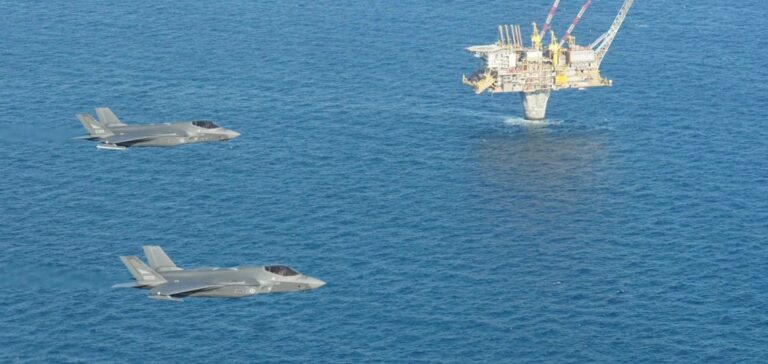NATO is being asked by Berlin and Oslo to protect European pipelines in response to the Nord Stream attack.
A striking attack
NATO is concerned about the rupture of the Nord Stream gas pipelines. The attacks mark the European memory. The investigation indicates that this was not an incident.
The traces of explosives found on the gas pipelines testify to the deliberate destruction of this infrastructure. Several states differ on who is responsible. Thus Moscow accuses London, which denies any involvement. Poland is targeting Russia but no identification of a culprit has been made to date.
Since then, European states have become more cautious and are monitoring critical facilities. But Europe, often criticized for the weakness of its defense, counts above all on the support of American power. Norwegian Prime Minister Jonas Gahr Stoere says:
“We stepped up our efforts after the recent sabotage of the Nord Stream pipelines, and it is vital that we do even more to ensure that our offshore infrastructure remains safe from future destructive acts.”
The need for an alliance
Mr. Scholz and Mr. Stoere have taken the initiative to send a strong signal to other states, especially those belonging to NATO. However, the news is focused on the Balkans. The last NATO meeting in Bucharest dealt mainly with Bosnia and the two former Soviet republics, Moldova and Georgia.
Chisinau and Tbilisi are experiencing unrest due to the presence of Russian troops and secessionist regions on their territories. Berlin also specifies the need to protect telephone cables, Internet connections and European pipelines. Norway’s involvement is not surprising since the country now supplies about half of Germany’s gas needs.
The Norwegian Prime Minister states:
“We have a special responsibility to ensure the security of Europe’s gas supply, which is crucial to maintain.”
NATO welcomes the German-Norwegian proposal to combat the sabotage of the Nord Stream pipelines. In this respect, Germany plans to draw on its special €100 billion defense fund this year.





















